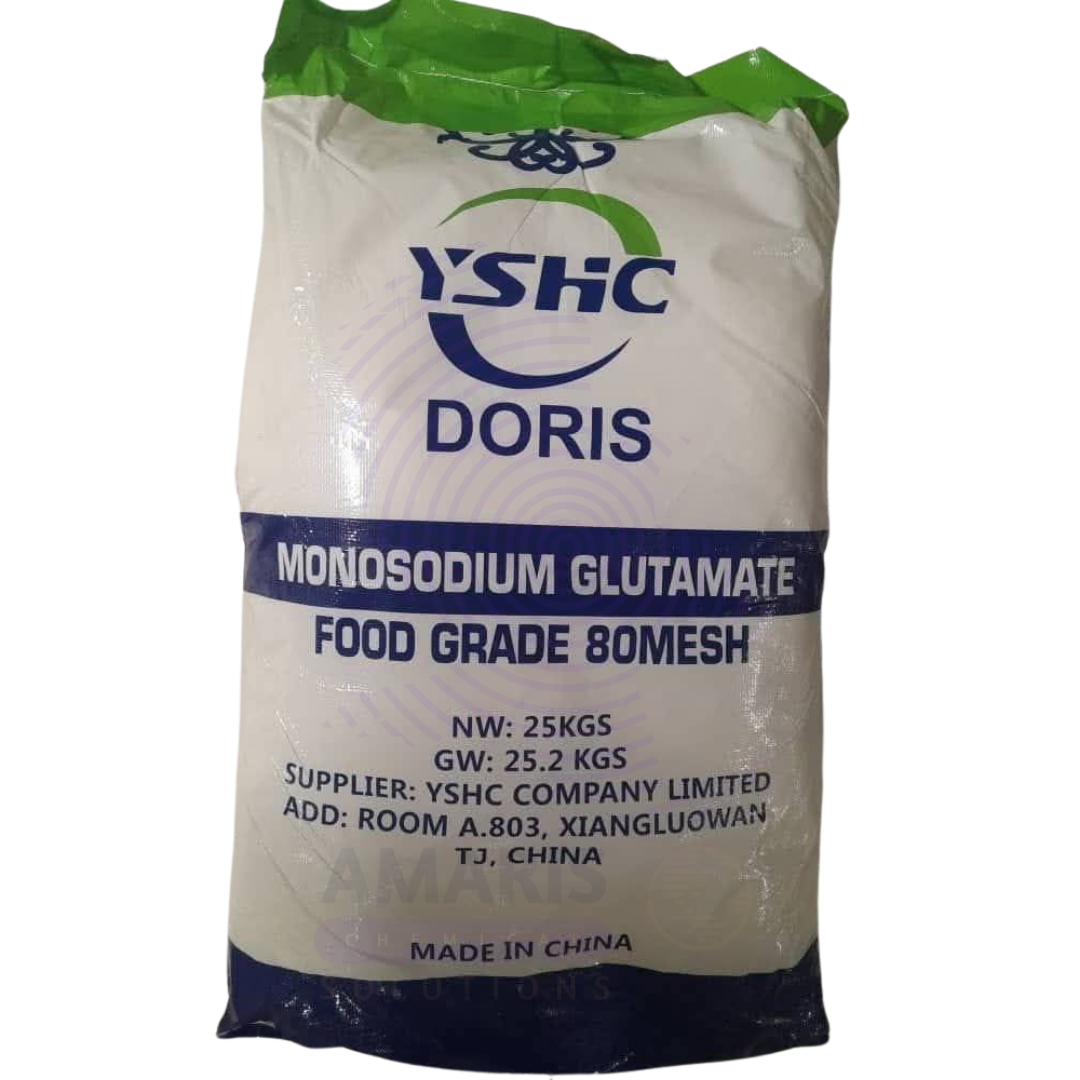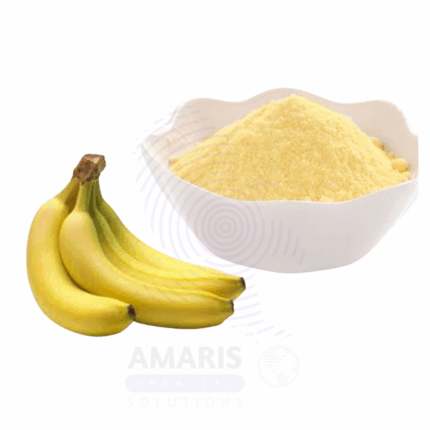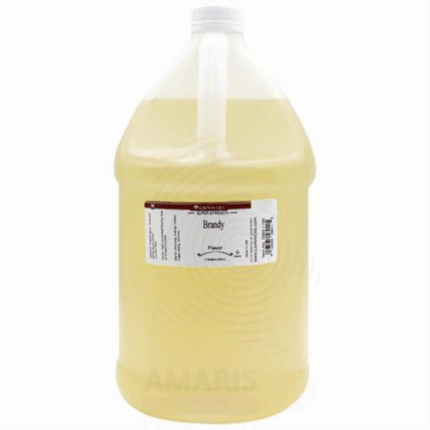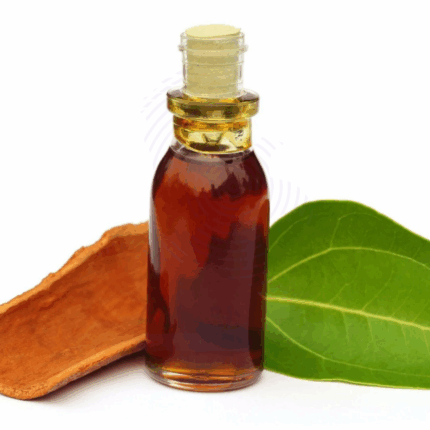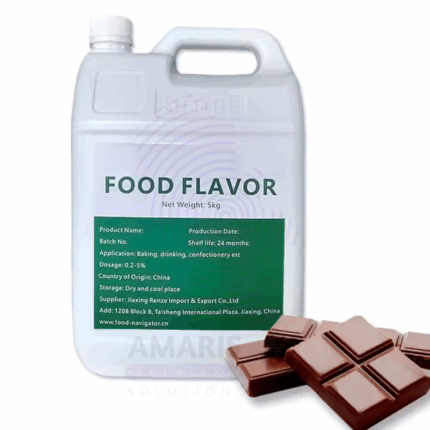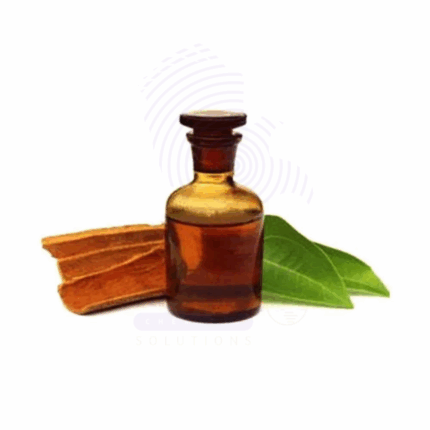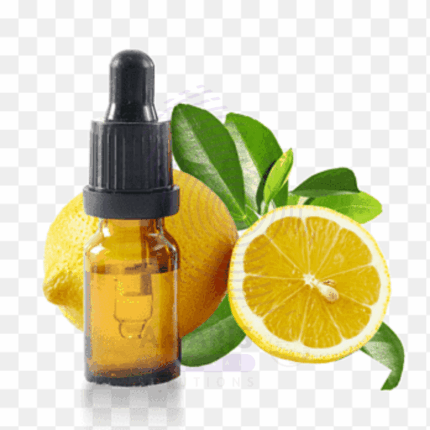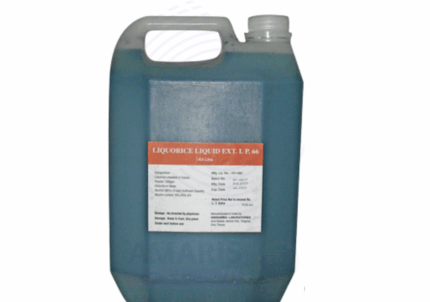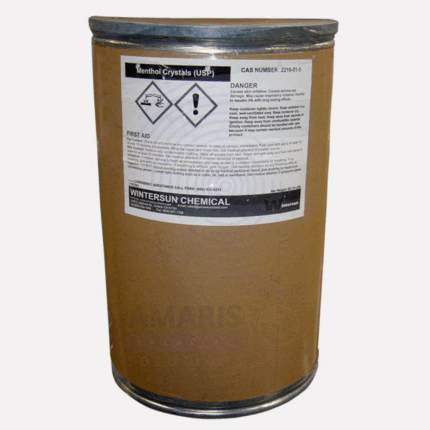
MonoPropylene Glycol
$ 2.99 Original price was: $ 2.99.$ 2.84Current price is: $ 2.84.
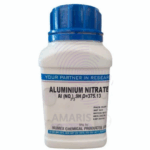
Aluminium Nitrate Extra Pure
$ 23.00 Original price was: $ 23.00.$ 22.54Current price is: $ 22.54.
Monosodium Glutamate
$ 3.30 Original price was: $ 3.30.$ 3.17Current price is: $ 3.17.
Whatsapp Order
Monosodium Glutamate is the sodium salt of the naturally occurring amino acid glutamic acid. It appears as a white crystalline powder with a clean, savory taste known as “umami.” MSG is widely used as a flavor enhancer in the food industry to intensify and balance flavors. The FCC (Food Chemicals Codex) grade indicates it meets purity and safety standards for food use.
Category: Flavor Enhancers
Tags: Flavor Enhancer, Food additive, Monosodium Glutamate, MSG, MSG FCC grade, Savory taste enhancer
Description
Table of Contents
Toggle
Monosodium Glutamate
Primary Uses
- Food Flavor Enhancer
- Used extensively in processed foods, snacks, soups, sauces, and seasoning blends to enhance savory flavor.
- Improves the palatability of canned vegetables, meats, and ready-to-eat meals.
- Restaurant and Food Service
- Commonly added to soups, stews, broths, and marinades in commercial kitchens to enhance taste.
- Used in fast food and snack manufacturing for flavor optimization.
- Processed Meat and Seafood Products
- Incorporated in sausages, deli meats, seafood, and poultry products to boost flavor and mask undesirable tastes.
Secondary Uses
- Instant Food Products
- Added in instant noodles, seasoning powders, and dehydrated food items for enhanced flavor profile.
- Dietary Supplements
- Sometimes included in nutritional supplements to improve palatability.
- Pet Foods
- Used as a flavor enhancer in certain pet food formulations to improve acceptance.
- Culinary Applications
- Used by chefs and home cooks as a seasoning to bring out umami in various dishes.
KEY PRODUCT FEATURES
1. Basic Identification Attributes
- Chemical Name (IUPAC): Monosodium 2-aminopentanedioate
- Common/Trade Name: Monosodium Glutamate, MSG (FCC Grade)
- CAS Number: 142-47-2
- HS Code: 2922.49.30
- Synonyms: Sodium glutamate; Ajinomoto
2. Physical & Chemical Properties
- Physical State: White crystalline powder
- Color & Odor: White; odorless
- Solubility: Highly soluble in water; insoluble in alcohol and ether
- Melting Point: 232°C (decomposes)
- pH (1% aqueous solution): 6.8 – 7.2
- Taste: Savory (umami)
3. Safety & Hazard Attributes
- GHS Classification: Not classified as hazardous under normal handling
- Toxicity: Low toxicity; safe for consumption within recommended limits
- Exposure Limits: No specific occupational exposure limits
4. Storage & Handling Attributes
- Storage Conditions: Store in a cool, dry, well-ventilated area away from moisture
- Container Type: Supplied in sealed bags or bulk containers
- Shelf Life: Typically 2 years if stored properly
- Handling Precautions: Avoid dust formation; use appropriate dust control measures
5. Regulatory & Compliance Attributes
- Complies with FCC, FDA, EFSA, JECFA, and other international food safety standards
- GRAS (Generally Recognized As Safe) status by FDA
6. Environmental & Health Impact
- Biodegradability: Biodegradable
- Ecotoxicity: Low environmental risk when disposed of properly
- Bioaccumulation: Not expected to bioaccumulate
- Carcinogenicity/Mutagenicity: Not classified as carcinogenic
SAFETY HANDLING PRECAUTIONS
Safety Handling Precautions
- PPE Required: Dust mask recommended when handling powder in bulk
- Handling Guidelines: Use in well-ventilated areas; avoid inhalation of dust
- Storage Measures: Keep containers tightly closed; protect from moisture
First Aid Measures
- Inhalation: Move to fresh air if respiratory irritation occurs
- Skin Contact: Wash with soap and water; no significant hazard expected
- Eye Contact: Rinse with water if dust contacts eyes; seek medical advice if irritation persists
- Ingestion: Safe when consumed in normal food amounts; seek medical advice if large amounts ingested accidentally
Firefighting Measures
- Fire Hazards: Non-flammable solid
- Extinguishing Media: Use water spray, dry chemical, or CO₂
- Special Precautions: Avoid dust generation and accumulation
- Hazardous Combustion Products: May produce toxic fumes under fire conditions
Related products
Banana Powder Flavour
Banana Powder Flavour is a premium food-grade powdered flavoring agent that delivers the sweet, creamy, and natural aroma of ripe bananas. It is designed for easy incorporation into dry food products, beverages, and culinary mixes. The powder form offers excellent stability, ease of handling, and uniform dispersion, making it ideal for bakery products, confectionery, snacks, and powdered drink mixes. This flavor maintains its potency and aroma even under high-temperature processing and extended storage.
Brandy Liquid Flavor
Brandy Liquid Flavor is a premium food-grade liquid flavor designed to replicate the rich, smooth, and aromatic profile of brandy. It is formulated to provide authentic flavor notes characteristic of aged brandy, including fruity, woody, and slightly spicy undertones. This flavor is ideal for use in a variety of food and beverage applications such as baked goods, confectionery, dairy products, and beverages, offering consistent taste and excellent stability in different formulations.
Cassia Oil
Cassia Oil is a potent essential oil steam-distilled from the bark of Cinnamomum cassia, commonly known as Chinese cinnamon. It carries a strong, spicy, and warm aroma similar to true cinnamon but is more pungent and intense. Its reddish-brown to yellow appearance and high cinnamaldehyde content give it powerful antimicrobial, antifungal, and warming properties. Cassia Oil is used across various industries including food flavoring, pharmaceuticals, cosmetics, aromatherapy, and household products. Due to its strength, it is typically used in diluted concentrations.
Chocolate Liquid Flavour
Chocolate Liquid Flavour is a premium food-grade flavoring agent designed to impart a rich, smooth, and authentic chocolate aroma and taste to a wide variety of food and beverage products. This liquid flavor is formulated for excellent solubility and stability, making it ideal for confectionery, bakery, dairy, beverage, and dessert applications. It enhances the sensory appeal of products by delivering a consistent and natural chocolate flavor profile that consumers enjoy.
Cinnamon Leaf Oil
Cinnamon Leaf Oil is an essential oil obtained by steam distillation of the leaves of the Cinnamomum zeylanicum or Cinnamomum verum tree. It has a warm, spicy, and slightly sweet aroma, distinct from cinnamon bark oil, with high levels of eugenol. This oil is prized for its antimicrobial, antioxidant, and analgesic properties. It is widely used in perfumery, aromatherapy, personal care, and natural medicine.
Used traditionally for respiratory relief, oral health, and topical analgesia, cinnamon leaf oil is now integrated into natural formulations for skincare, oral hygiene, massage, and household cleaning products. Its invigorating scent and therapeutic versatility make it valuable across cosmetic, pharmaceutical, and cleaning industries.
D-Limonene Oil
D-Limonene Oil is a naturally occurring monoterpene hydrocarbon extracted primarily from the rinds of citrus fruits, especially oranges and lemons. It is obtained through cold pressing or steam distillation of citrus peels and purified through fractional distillation. Known for its fresh, sweet, and zesty orange-like aroma, D-Limonene is widely used across multiple industries for its solvent properties, fragrance, and therapeutic benefits.
This oil is valued for its degreasing power, anti-inflammatory effects, and uplifting scent. It plays a vital role in cosmetics, cleaning formulations, pharmaceuticals, and food products, either as a solvent, active ingredient, or fragrance compound.
Liquorice
Liquorice is the dried root extract of the Glycyrrhiza glabra plant, known for its distinctive sweet flavor and medicinal properties. It contains glycyrrhizin, a compound that is 30–50 times sweeter than sugar. Liquorice is widely used as a flavoring agent in confectionery, beverages, and tobacco, as well as in traditional and modern medicine for its soothing, anti-inflammatory, and expectorant effects.
Menthol crystals
Menthol Crystals are natural organic compounds derived from peppermint or other mint oils, presenting as clear or white crystalline solids with a strong, cooling mint aroma. They possess analgesic, antiseptic, and flavoring properties. Widely used in pharmaceuticals, cosmetics, food, and personal care products, menthol crystals provide a refreshing cooling sensation and fragrance, enhancing product efficacy and consumer appeal.


 Preservatives(food)
Preservatives(food) Flavor Enhancers
Flavor Enhancers Acidulants
Acidulants Sweeteners
Sweeteners Antioxidants
Antioxidants Colorants(food)
Colorants(food) Nutraceutical Ingredients (food)
Nutraceutical Ingredients (food) Nutrient Supplements
Nutrient Supplements Emulsifiers
Emulsifiers
 Collectors
Collectors Dust Suppressants
Dust Suppressants Explosives and Blasting Agents
Explosives and Blasting Agents Flocculants and Coagulants
Flocculants and Coagulants Frothers
Frothers Leaching Agents
Leaching Agents pH Modifiers
pH Modifiers Precious Metal Extraction Agents
Precious Metal Extraction Agents
 Antioxidants(plastic)
Antioxidants(plastic) Colorants (Pigments, Dyes)
Colorants (Pigments, Dyes) Fillers and Reinforcements
Fillers and Reinforcements Flame Retardants
Flame Retardants Monomers
Monomers Plasticizers
Plasticizers Polymerization Initiators
Polymerization Initiators Stabilizers (UV, Heat)
Stabilizers (UV, Heat)
 Antifoaming Agents
Antifoaming Agents Chelating Agents
Chelating Agents Coagulants and Flocculants
Coagulants and Flocculants Corrosion Inhibitors
Corrosion Inhibitors Disinfectants and Biocides
Disinfectants and Biocides Oxidizing Agents
Oxidizing Agents pH Adjusters
pH Adjusters Scale Inhibitors( water)
Scale Inhibitors( water)
 Antioxidants(cosmetic)
Antioxidants(cosmetic) Emollients
Emollients Fragrances and Essential Oils
Fragrances and Essential Oils Humectants
Humectants Preservatives
Preservatives Surfactants(cosmetic)
Surfactants(cosmetic) Thickeners
Thickeners UV Filters
UV Filters
 Fertilizers
Fertilizers Soil Conditioners
Soil Conditioners Plant Growth Regulators
Plant Growth Regulators Animal Feed Additives
Animal Feed Additives Biostimulants
Biostimulants Pesticides (Herbicides, Insecticides, Fungicides)
Pesticides (Herbicides, Insecticides, Fungicides)
 Active Pharmaceutical Ingredients (APIs)
Active Pharmaceutical Ingredients (APIs) Excipients
Excipients Solvents(pharmaceutical)
Solvents(pharmaceutical) Antibiotics
Antibiotics Antiseptics and Disinfectants
Antiseptics and Disinfectants Vaccine Adjuvants
Vaccine Adjuvants Nutraceutical Ingredients (pharmaceutical)
Nutraceutical Ingredients (pharmaceutical) Analgesics & Antipyretics
Analgesics & Antipyretics
 Analytical Reagents
Analytical Reagents Solvents(lab)
Solvents(lab) Chromatography Chemicals
Chromatography Chemicals Spectroscopy Reagents
Spectroscopy Reagents microbiology-and-cell-culture-reagents
microbiology-and-cell-culture-reagents Molecular Biology Reagents
Molecular Biology Reagents Biochemical Reagents
Biochemical Reagents Inorganic and Organic Standards
Inorganic and Organic Standards Laboratory Safety Chemicals
Laboratory Safety Chemicals Specialty Laboratory Chemicals(Special Laboratory Equipment)
Specialty Laboratory Chemicals(Special Laboratory Equipment)
 Demulsifiers
Demulsifiers Hydraulic Fracturing Fluids
Hydraulic Fracturing Fluids Scale Inhibitors(oil)
Scale Inhibitors(oil) Surfactants(oil)
Surfactants(oil) Drilling Fluids
Drilling Fluids
 Dyes and Pigments
Dyes and Pigments Bleaching Agents
Bleaching Agents Softening Agents
Softening Agents Finishing Agents
Finishing Agents Antistatic Agents
Antistatic Agents
 Admixtures
Admixtures Waterproofing Agents
Waterproofing Agents Sealants and Adhesives
Sealants and Adhesives Curing Compounds
Curing Compounds Concrete Repair Chemicals
Concrete Repair Chemicals Anti-Corrosion Coatings
Anti-Corrosion Coatings
 Surfactants(cleaning)
Surfactants(cleaning) Builders
Builders Enzymes
Enzymes Solvents (Cleaning)
Solvents (Cleaning) Fragrances
Fragrances
 Electronic Chemicals
Electronic Chemicals Catalysts
Catalysts Lubricants
Lubricants Photographic Chemicals
Photographic Chemicals Refrigerants
Refrigerants Automotive chemicals
Automotive chemicals Pyrotechnic Chemicals
Pyrotechnic Chemicals
 Biodegradable Surfactants
Biodegradable Surfactants Bio-based Solvents
Bio-based Solvents Renewable Polymers
Renewable Polymers Carbon Capture Chemicals
Carbon Capture Chemicals Wastewater Treatment Chemicals
Wastewater Treatment Chemicals
 Pigments
Pigments Solvents(paint)
Solvents(paint) Specialty Coatings
Specialty Coatings Binders/Resins
Binders/Resins Additives
Additives Driers
Driers Anti-Corrosion Agents
Anti-Corrosion Agents Functional Coatings
Functional Coatings Application-Specific Coatings
Application-Specific Coatings
 Leavening Agents
Leavening Agents Dough Conditioners
Dough Conditioners Flour Treatments
Flour Treatments Fat Replacers
Fat Replacers Decoratives
Decoratives Preservatives(baking)
Preservatives(baking)
 Plasticizers & Softeners
Plasticizers & Softeners Reinforcing Agents
Reinforcing Agents Adhesion Promoters
Adhesion Promoters Vulcanizing Agents
Vulcanizing Agents Antidegradants
Antidegradants Blowing Agents
Blowing Agents Fillers & Extenders
Fillers & Extenders Accelerators & Retarders
Accelerators & Retarders